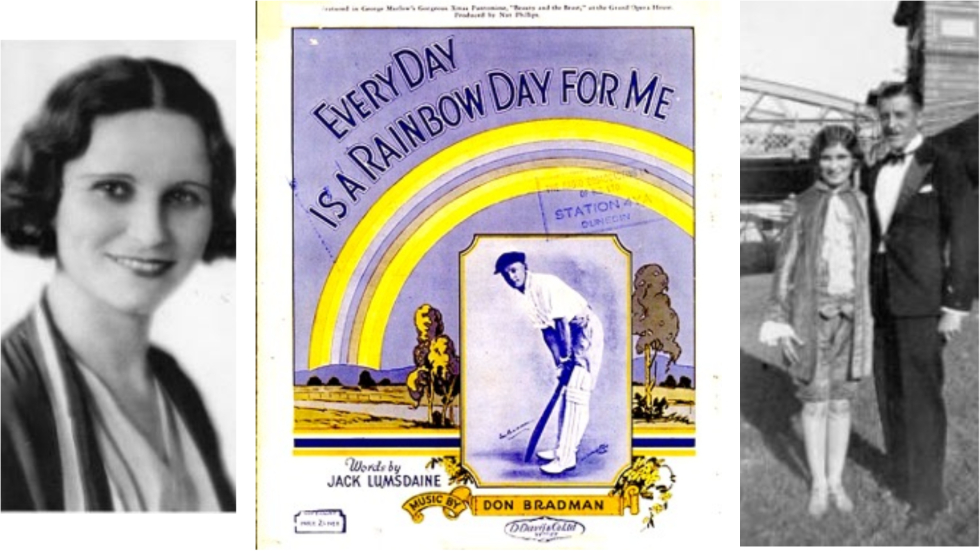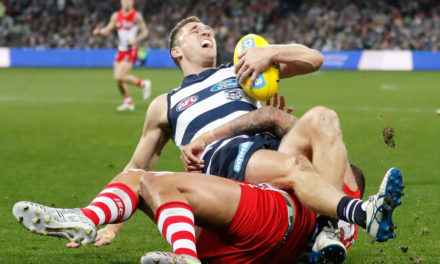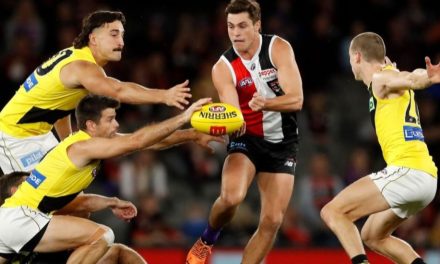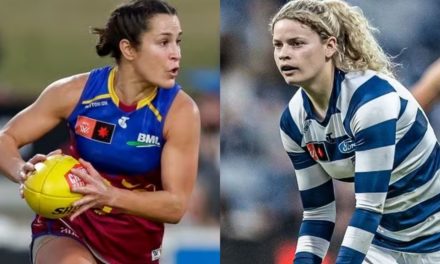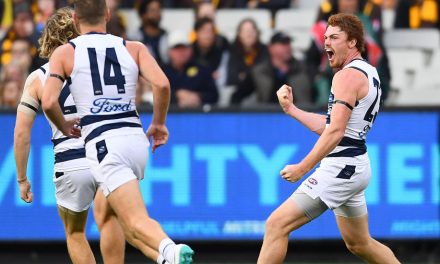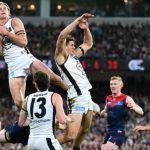From left: Elsie Hosking, sheet music for Bradman’s song, Elsie and Keith Connolly in costume for ‘Beauty and the Beast’.
My sister’s new book has just been released, and it includes a family story I’d never heard before. It turns out that our grandmother, Elsie Hosking, appeared with Don Bradman in 1931, and was cheered by the visiting West Indian Test team. It’s just one amazing story in a book which tells many more, about women entertainers in Australia in the late 19th and early 20th centuries. Here’s an excerpt… – Rohan Connolly
At the Grand Opera House Elsie was being applauded for her performances of a new song, ‘Every Day’s a Rainbow Day for Me’, composed by none other than cricket legend Don Bradman:
The song, composed by Mr. Bradman to words by Mr. Jack Lumsdaine, was sung by Miss Elsie Hosking, and proved pleasantly melodious and sentimental, with a refrain in which saxophones and brasses vigorously supported the vocal theme, ere it was taken up smartly by a well trained ballet. (Sydney Morning Herald)
On the occasion of the song’s first public performance, the audience, including the first West Indian cricket team to visit Australia, was said to have cheered. Then Bradman appeared onstage and said he’d ‘enjoyed very much the experience of hearing for the first time this composition sung in public. “I hope”, he added, amid renewed applause, “that we shall be able to apply the title of this song to our experiences in Australia in the year now opening, and that every day will be a rainbow day for us”.’ (Sydney Morning Herald)
Bradman presented Elsie with a box of chocolates and complimented her on her performance. ‘ “It’s a very great pleasure and a very great honour to sing this song,” replied Elsie sweetly. And the house cheered again.’ (The Mirror)
‘Melodious and sentimental’ songs such as Bradman and Lumsdaine’s had been Elsie’s specialty since her childhood as Perth’s Little Idol, though they weren’t her only contribution to the success of Nat Phillips’s revue company at the Grand Opera House. She appeared with Nat in comic skits, sang duets with Keith and danced with Stella Lamond, Hilda Waring and other women. And she played ‘Boy Blue’ in Beauty and the Beast, the ‘up to date pantomime’ with which Nat ushered in the new year:
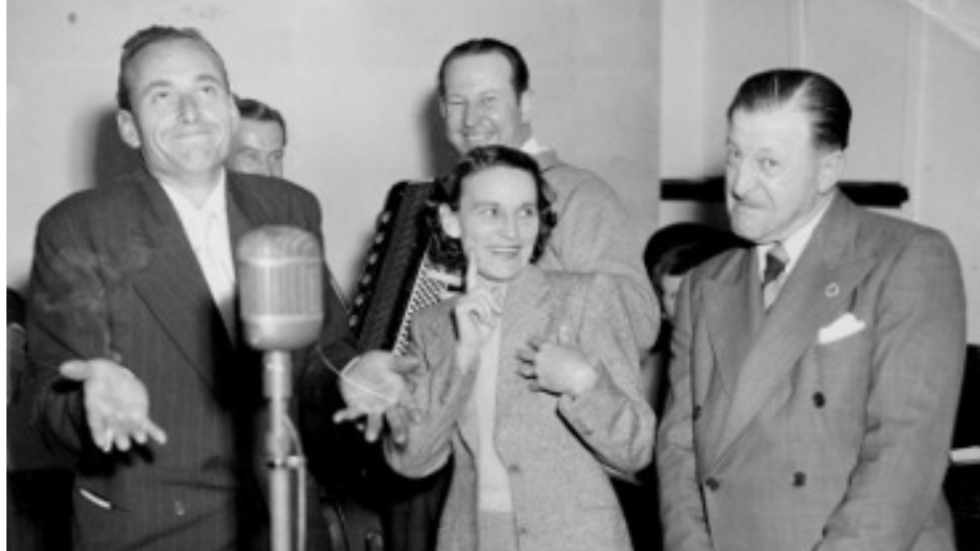
Elsie Hosking with husband Keith Connolly (right) and colleagues at the ABC Perth, ca. 1949
All the fabled characters of the fairy tale again made their appearance, but in addition a number of topical songs and humorous sketches were introduced. Bright quips on present-day politics brought forth great applause. The depression, the shilling in the pound tax, currency inflation, Mr. Lang’s proposed loan, and a host of other topics were touched upon. One can hardly imagine Baron Bounty in the original fairy tale saying, ‘If the depression doesn’t get you, the bob in the pound must.’ (Sydney Morning Herald)
Don Bradman’s hope that there would be rainbow days aplenty for Australians in 1931 was echoed, perhaps less colourfully, by Prime Minister Scullin. The same day that Elsie’s performance of Bradman’s song was reported in the Sydney Morning Herald, the newspaper also published remarks made by the prime minister, just returned from an Imperial Conference in London. He said there was ‘a disposition to view Australia’s future pessimistically, both at home and abroad. He did not want to minimise the seriousness of the situation, but he did not think the future was as black as it was painted’.
PLEASE HELP US CONTINUE TO THRIVE BY BECOMING AN OFFICIAL FOOTYOLOGY PATRON. JUST CLICK THIS LINK.
There was much disagreement, especially from an increasing number of unemployed Australians, and among politicians arguing about how to tackle the economic crisis. The prime minister said that ‘in the past Australia had leaned too heavily on overseas money markets (applause)…He mentioned it because he did not want anyone to think that there would be permanently continued a policy of borrowing overseas and bringing overseas loans into Australia in the form of imported goods to the detriment of Australian industry.’ (Sydney Morning Herald)
But nothing would stop the continued importation of British and American movies. On the same page as the prime minister’s comments, the Sydney Morning Herald told of business developments that would certainly be to the detriment of the Australian entertainment industry:
PICTURE THEATRES
____
American Control.
____
WARNER BROTHERS AND FULLER’S.
A merger between Fuller’s Theatres, Ltd., and Warner Brothers’ First National Pictures, Ltd., which is in course of negotiation, will be the third instance within the last 12 months of an American company obtaining an interest in Australian picture theatres…
This new merging of interests is of some importance, for the Fuller’s Theatres in Australasia number over 50, of which two are in Sydney—the Roxy and the Newtown Majestic, both of them devoted to talking films…
In America Warner Brothers control well over a thousand theatres, which give them an assured outlet for their productions.
In fact there would be no merger between Fullers and Warner Brothers. But there was an agreement under which Fullers would release Warners movies in their newly converted cinemas. American companies continued to take control of exhibition all around the country. Australian filmmakers would increasingly be locked out and surviving vaudeville companies would have to find alternative venues…
This is an edited extract from My Giddy Aunt and her sister comedians (Upswell Publishing) by Sharon Connolly, narrative nonfiction, 300pp, $29.99

